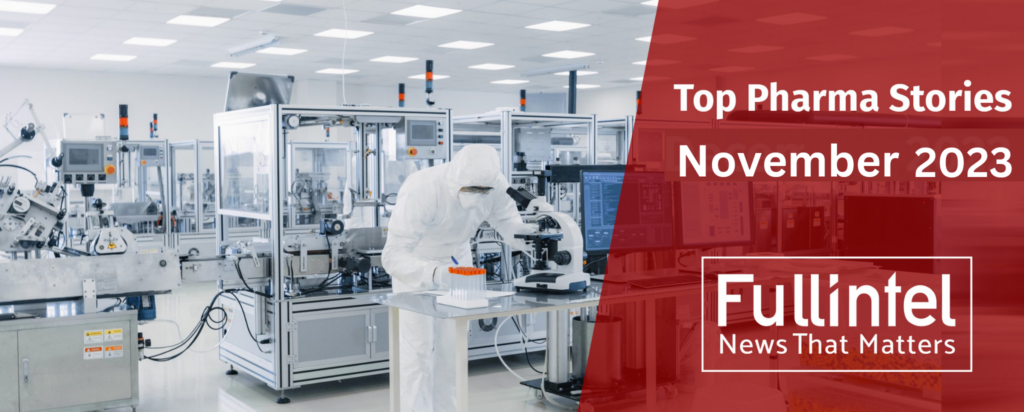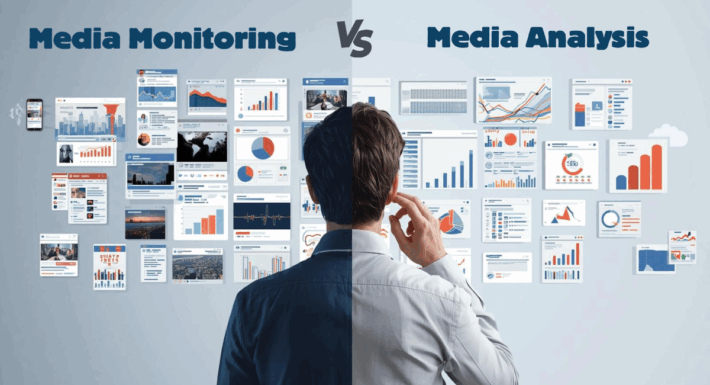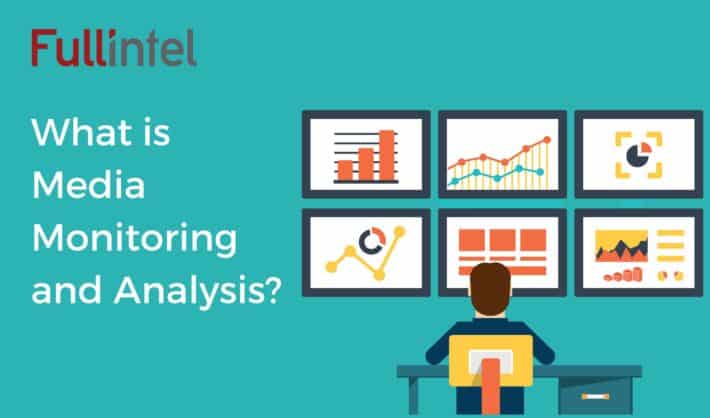Top Pharma News in November 2023

The Role of AI and Technology in Modern Medicine Continue to Drive Media Coverage
In the ever-evolving intersection of technology and healthcare, key themes regularly focus on groundbreaking advancements, regulatory challenges, and ethical dilemmas associated with artificial intelligence (AI) in medical applications. These stories not only showcase efforts to enhance human health and capabilities through technology but also highlight the dynamic and complex landscape of AI governance in healthcare. The debate over the ethical use of AI in patient care confirms the need for a balance between technological progress, regulatory oversight, and ethical responsibility. Within this context, platforms like the Fullintel Hub play a pivotal role, offering a comprehensive and accessible overview of the latest trends and developments in the pharmaceutical industry. By providing clear insights and user-friendly data, the platform equips pharmaceutical professionals with the necessary tools to confidently navigate the intricate healthcare technology domain and make informed decisions.
Let’s jump into the most significant healthcare headlines in the month of November.
- Neuralink Seeks First Human Volunteer for Brain Implant
- President Biden’s Executive Order Addresses AI in Healthcare
- UnitedHealth Group Accused of AI-Driven Denial of Elderly Care in Lawsuit
November’s Top Stories:
From Brain Chips to AI Laws: New Healthcare Frontiers Drive Pharmaceutical News
This month’s spotlight is on three critical developments – Neuralink’s hunt for a volunteer for a brain implant trial, a new Executive Order from President Biden addressing AI’s role in healthcare, and a lawsuit accusing UnitedHealth Group of using AI to unjustly deny care to elderly individuals.
Neuralink’s groundbreaking brain implant trial, designed to transform medicine and human abilities, generates excitement for its potential in treating neurological disorders, yet it also raises ethical issues. President Biden’s executive order on AI regulation, particularly in healthcare, reflects a proactive approach to managing AI’s societal impact, eliciting mixed reactions for its ambitious scope and perceived lack of detailed implementation plans. In another development, UnitedHealth Group faces a lawsuit over allegations of using AI to deny care to elderly patients, underlining the controversial overlap of AI and healthcare ethics. This case sparks widespread public condemnation, emphasizing the need for more rigorous oversight and ethical considerations in AI’s healthcare applications. Together, these headlines account for 5% of the month’s overall pharmaceutical media attention.
A Break-Down of Recent Trending Stories:
Neuralink Seeks First Human Volunteer for Brain Implant
Neuralink, led by high-profile founder Elon Musk, is making headlines as it seeks its first human volunteer, preferably a quadriplegic under 40, for a pioneering brain implant trial. This trial involves a robot-assisted surgery to implant a brain-computer interface with 1,000 electrodes, initially targeting the restoration of limb function. Neuralink’s broader vision includes using combined brain and spinal implants to recover lost senses like vision and hearing. Having received FDA approval for human trials, Neuralink plans 11 surgeries in the upcoming year, with an ambitious goal of 22,000 procedures annually by 2030. As Neuralink advances its technology, it faces competition from firms like Synchron and Onward in the brain implant arena. Amidst these developments, the company is relocating operations to Texas to expedite progress and stay ahead of looming artificial superintelligence threats. While Neuralink’s technology offers hope for those with paralysis, strokes, and other neurological conditions, it also brings up ethical issues related to animal testing and Elon Musk’s controversial management style. The rollercoaster ride of hype and criticism has left reactions split between awe and anger, resulting in a large share of neutral coverage. Despite its transformative potential in human-machine integration, Neuralink’s announcement surprisingly receives the least social engagement compared to other trending headlines in the field.
President Biden’s Executive Order Addresses AI in Healthcare
On October 30, 2023, President Joe Biden issued a comprehensive executive order (EO) focused on the regulation and oversight of AI in various sectors, with a particular emphasis on healthcare. This landmark directive aims to address the burgeoning influence and potential risks of AI technologies in society. The EO outlines a broad spectrum of initiatives, including the development of a safety program by the Department of Health and Human Services, mandates for AI developers to share safety test results with the government, and directives for federal agencies like the National Institute of Standards and Technology to establish rigorous AI safety standards. Publicly, the order is seen as a step towards establishing the U.S. as a leader in AI innovation and safety, with its balanced approach to transparency, safety, and privacy being praised. The encouragement of public-private partnerships is also viewed favorably. However, most experts and observers adopted a wait-and-see stance, acknowledging the order’s potential but reserving judgment until more details on implementation emerged. Social concerns focus on the order’s lack of depth in certain areas, such as healthcare and competition policy, and skepticism about the practicality of effectively regulating rapidly evolving AI technology. Skepticism is also evident surrounding the feasibility of regulating AI due to its rapid innovation pace, with some critics highlighting regulatory challenges and the need for more substantial legislative measures. This news makes a significant public impact, garnering the highest social engagement of the month with over 30K interactions, outperforming the top trending story.
UnitedHealth Group Accused of AI-Driven Denial of Elderly Care in Lawsuit
U.S. health insurance provider UnitedHealth Group Inc. is embroiled in a class action lawsuit over allegations of using an AI algorithm, nH Predict, to unjustly deny necessary extended care claims for elderly patients. The plaintiffs, family members of deceased UnitedHealth beneficiaries, claim they were forced to pay out of pocket for medically necessary care. The lawsuit follows a STAT investigation revealing UnitedHealthcare’s alleged pressure on medical staff to follow the AI algorithm’s recommendations, raising serious concerns about the misuse of technology in healthcare decisions. Many see the lawsuit as a crucial step in regulating AI within healthcare, especially given the high rate of overturned decisions on appeal, which underscores the algorithm’s flaws. While most readers maintain a neutral stance, acknowledging both the potential and the challenges of AI in healthcare, there is a strong call for AI to complement, rather than replace, human medical expertise. However, social perception is overwhelmingly negative, evidenced by the high volume of ‘Angry’ reactions, with critics accusing UnitedHealth of prioritizing profits over patient care. They cite the algorithm’s high error rate and the company’s alleged disregard for medical professionals’ advice as evidence of a wider problem of corporate misuse of technology at the expense of patient welfare. This lawsuit not only exposes the ethical and legal complexities of AI’s integration into healthcare but also intensifies demands for rigorous oversight and regulation of AI in sensitive areas like healthcare. The release of the STAT investigation on November 14 sparks the highest trending score of 5 on the same day and the day after.



